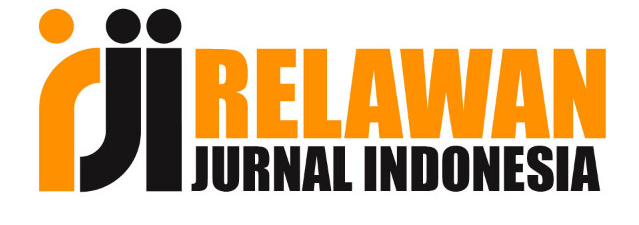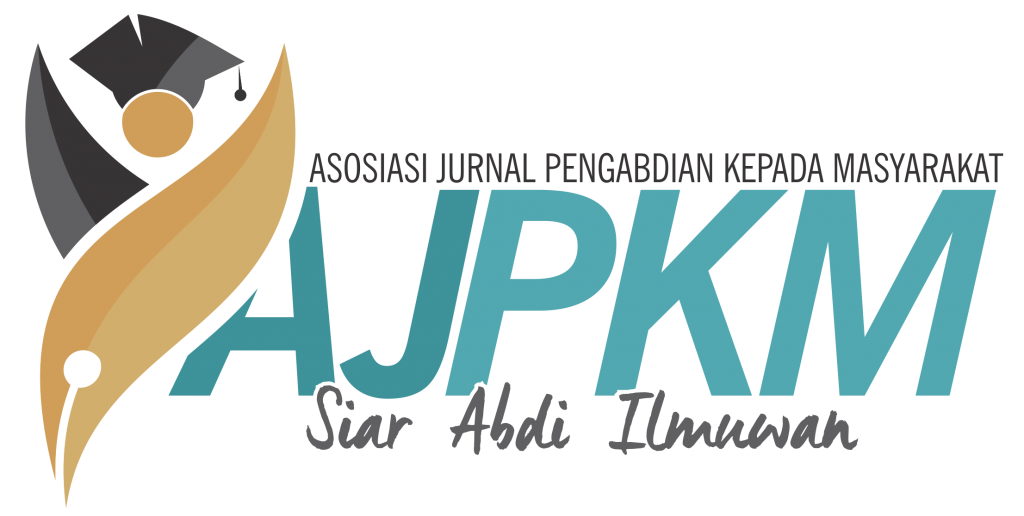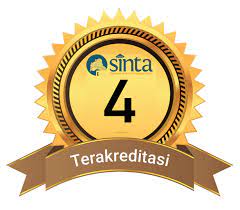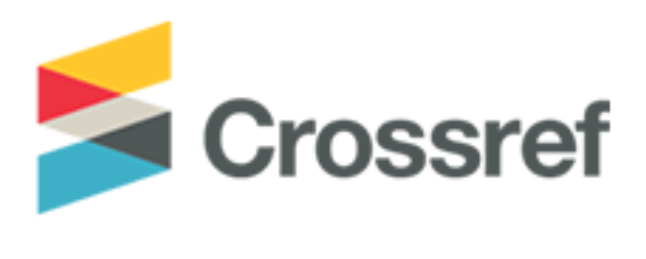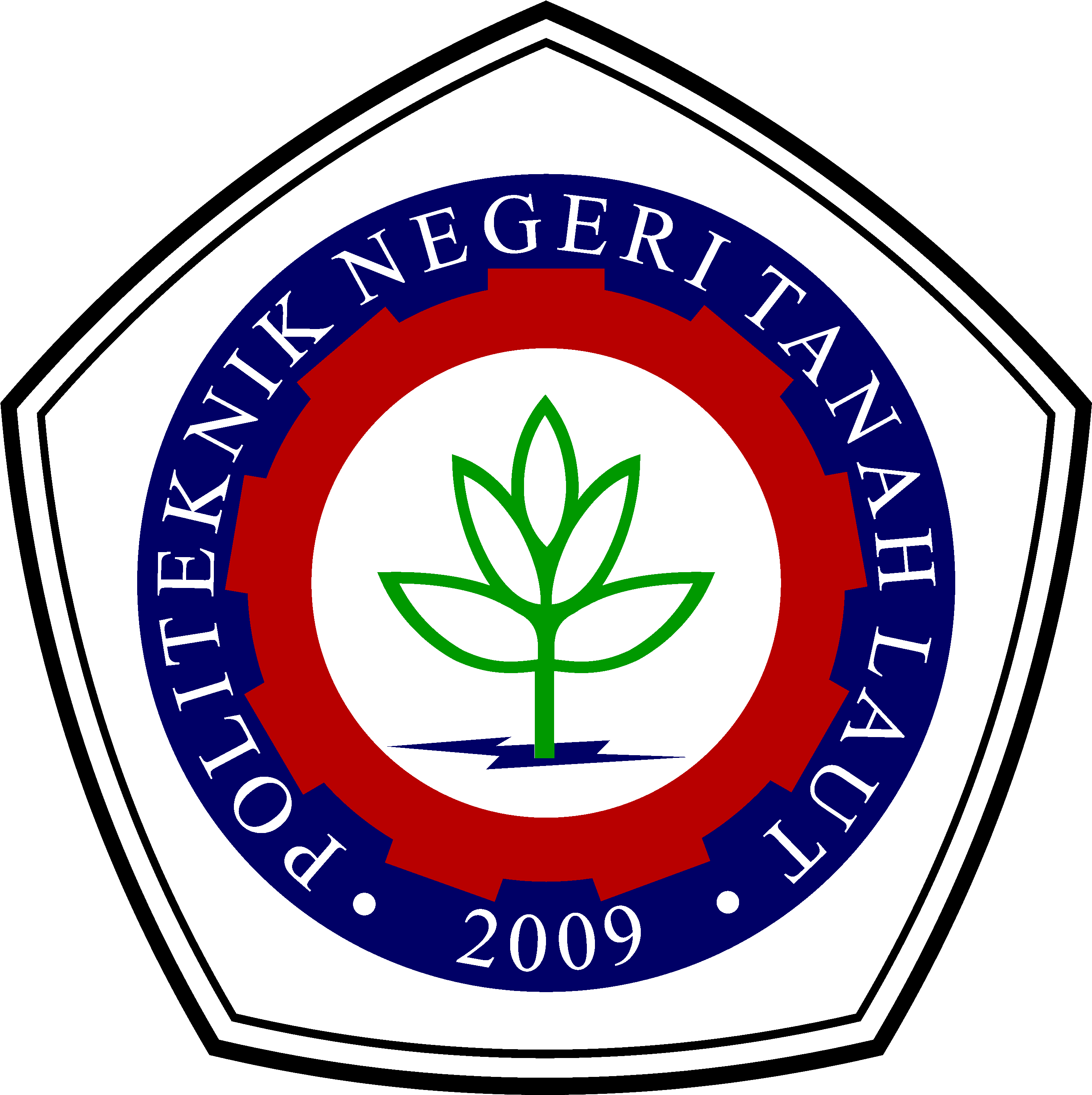Pendampingan Pembuatan Game Edukasi dan Animasi Pembelajaran untuk Mereduksi Dampak Negatif TIK dan Meningkatkan Literasi Digital Guru di Kabupaten Maros
DOI:
https://doi.org/10.34128/mediteg.v9i2.279Keywords:
Learning Animation, Educational Games, Digital LiteracyAbstract
This community service activity aims to improve the quality and creativity of teachers to develop and implement educational games and learning videos/animations that are more interesting and can replace online games that have been widely used by students. With the existence of learning animation videos developed by teachers, misuse of TikTok among students can be minimized. The methods used in this activity include 5 stages, namely socialization, training, technical assistance, technology transfer, and evaluation of the implementation of educational games and learning videos/animations. The results of this activity indicate mastery of counseling materials on limiting the use of games and applications that are not useful on students' smart devices. Overall, this mentoring activity has succeeded in encouraging better technology integration in the educational environment at UPTD SMP Negeri 2 Maros. In addition to producing 41 educational games and 32 learning animations, there has also been an increase in teachers' understanding of the development and implementation of educational games and videos in learning with a value of 0.30 which is in the moderate category.
References
Adiarsi, G. R., Stellarosa, Y., & Silaban, M. W. (2015). Literasi Media Internet di Kalangan Mahasiswa. Humaniora, 6(4), 470.
https://doi.org/10.21512/humaniora.v6 i4.3376
Al Arif, T. Z. Z., Fortunasari, F., Gowon, M., Handayani, R., & Efriza, D. (2023). Pelatihan Penggunaan ICT sebagai Media Pembelajaran bagi Guru Sekolah Menengah dengan Menerapkan Model Goad. JPKMI (Jurnal Pengabdian Kepada Masyarakat Indonesia), 4(1), 1–12.
https://doi.org/10.36596/jpkmi.v4i1.59 8
Arsyad, S. N., Rahmadhanningsih, S., & Swandi, A. (2022). Pengembangan Website Pembelajaran Menggunakan Model Gold Standard Project Based Learning Developing of a Learning Website Using the Gold Standard Project-Based Learning Model. 4(1), 32–39.
Damayanti, T., & Gemiharto, I. (2019). Kajian Dampak Negatif Aplikasi Berbagi Video Bagi Anak-Anak Di Bawah Umur Di Indonesia. Communication, 10(1), 1.
https://doi.org/10.36080/comm.v10i1.8 09
Domínguez, A., Saenz-De-Navarrete, J., De- Marcos, L., Fernández-Sanz, L., Pagés, C., & Martínez-Herráiz, J. J. (2013). Gamifying learning experiences: Practical implications and outcomes. Computers and Education, 63, 380–392.
https://doi.org/10.1016/j.compedu.201 2.12.020
Fansury, A. H., Lutfin, N., & Arsyad, S. N. (2019). Audio Books As Teaching Media To Blind Students in Learning Efl. Klasikal : Journal of Education, Language Teaching and Science, 1(1), 1–9.
https://doi.org/10.52208/klasikal.v1i1.4
Goundar, S. (2011). Association for Information Systems AIS Electronic Library (AISeL) GlobDev 2011 Proceedings Annual Workshop of the AIS Special Interest Group for ICT in Global Development What is the Potential Impact of Using Mobile Devices in Education?
http://aisel.aisnet.org/globdev2011/16
Manoj Kumar. (2011). Impact of the Evolution of Smart Phones in Education Technology and its Application in Technical and Professional Studies: Indian Perspective. International Journal of Managing Information Technology, 3(3), 39–49.
https://doi.org/10.5121/ijmit.2011.330 4
Patibang, D. A., & Zubair, A. G. H. (2020). Efikasi Diri Pada Peserta Didik Sma X Makassar. Jurnal Psikologi TALENTA, 2(2), 11.
https://doi.org/10.26858/talenta.v2i2.1 3200
SAS, A., Andi Muh Akbar Saputra, & Muh Fadli Fausi Sahlan. (2022). Pengembangan Sistem Pendukung Keputusan Penelusuran Minat Bakat Siswa SMP Dalam Memilih Jurusan di SMK Berbasis Web. Jurnal Fokus Elektroda : Energi Listrik, Telekomunikasi, Komputer, Elektronika Dan Kendali), 7(3), 147–154.
https://doi.org/10.33772/jfe.v7i3.1
SAS, A., Muh Akbar Saputra, A., & Farman, I. (2023). Analisis Kemampuan Literasi Digital Siswa Dalam Pembelajaran Hybrid di Sekolah Menengah Kejuruan Analysis Of Students’ Digital Literacy Ability In Hybrid Learning on Vocational High Schools. Jurnal Pekommas, 2(8), 181–190.
Susanti, M. M., Widodo, W. U., & Safitri, D. I. (2018). Hubungan Kecanduan Bermain Game Online Pada Smartphone (Mobile Online Games) Dengan Pola Makaan Anak Sekolah Dasar Kelas 5 Dan 6 Di Sd Negeri 4 Purwodadi. The Shine Cahaya Dunia Ners, 3(2).
https://doi.org/10.35720/tscners.v3i2.1 22
Swandi, A., Arsyad, N., Fauzan, A., Viridi, S., Rahmadhaningsih, S., & Iren, F. (2023). The Effectiveness Of Implementing Gdevelop-Based Educational Games In Learning Science With The Theme Of Light And Sound Waves In Elementary Schools. JPF (Jurnal Pendidikan Fisika), 11(2), 218–227.


